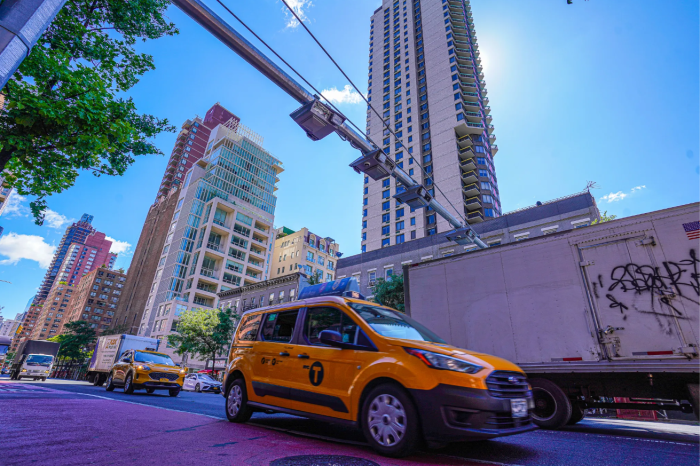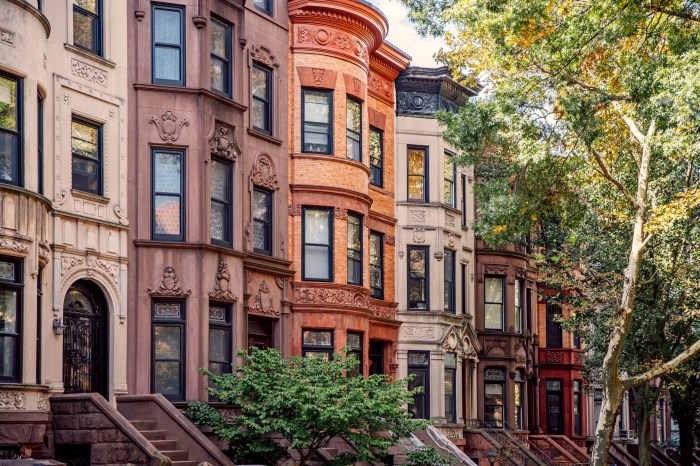The King is back.
LeBron James’ shocking announcement that he would return to Cleveland has turned into a story that transcends sports.
Civil rights leader Jesse Jackson identified James as a rare example of an athlete who embraced social responsibility. “I have joy in my heart today because LeBron returned to Cleveland,” explained Jackson. “He wants to lift up Northeast Ohio – what a noble ambition. That’s a level of leadership that’s rare.” Indeed it is.
In an age where high profile black athletes have been criticized for abandoning the kind of activism once embraced by Bill Russell, Jim Brown, and, most notably, Muhammad Ali, James’ decision to return to a Midwestern city reeling from postindustrial decline is more that just admirable. In a way it’s astonishing.
James elegantly analyzes the larger meaning behind his decision in his letter. “I want kids in Northeast Ohio, like the hundreds of Akron third graders I sponsor through my foundation, to realize that there’s no better place to grow up,” writes James. “Our community, which has struggled so much, needs all the talent it can get.” LeBron James doesn’t exactly spell out the community he’s referring to in this instance, but it’s obvious. Having grown up in a predominantly poor and black part of Akron, Ohio, James couches his return as an effort at nothing less than urban renewal of America’s forgotten city.
James’ grace and compassion are on full display in this letter. As is his love and commitment to uplifting the kind of young black kids who lack the exceptional athletic talents which have made him an icon. LeBron’s ability to forgive Cavaliers owner Dan Gilbert’s ugly letter in the aftermath of his departure, as well as the ugly and racially driven displays of hate (including white fans burning his jersey) is an enormous, although largely unspoken and unrecognized, example of racial rapprochement.
That’s the good news.
The bad news is the larger story of urban decline in Cleveland, Detroit and other once proud American cities that have been left behind in the 21st century. While its no doubt admirable that James has decided to return his talents to Cleveland, his presence (along with the economic reverberations for the Cleveland Cavaliers and downtown businesses) alone will not singlehandedly turn around Cleveland or James’ hometown of Akron.
The celebration surrounding James’ return to one of the nation’s toughest cities ignores our lack of a national policy for economic renewal in large swaths of urban America, where millions of poor black and brown kids come of age in the shadow of permanent economic misery. Broken public schools, violent neighborhoods, unemployment and a lack of opportunity envelope these communities.
James knows this. He understands poverty and its uncanny ability to place limitations on the imagination and crush the souls of young people just starting out in life. His return offers hope for millions of young people who more easily relate to sports heroes than political leaders, parents or teachers.
Four years ago James was excoriated for placing his individual ambitions to be a champion above a city in need. His return has elicited waves of analysis that point out his newfound maturity, much of which smacks of paternalism.
James’ personal and political maturity regarding the plight of American cities contrasts with the national political neglect of our urban communities, where racial segregation remains the biggest predictor of success and failure.
Perhaps the silver lining in all of this is that James’ enormous visibility may ignite a long delayed national conversation about race and poverty in urban America. James’ decision to embrace an ethos of collective responsibility is in the best tradition of the black freedom struggle.
“In Northeast Ohio, nothing is given. Everything is earned. You work for what you have,” observes James.
Now is the time to work toward a vision of national urban renewal that extends from Cleveland and Detroit in the Midwest out to the rest of the country.
LeBron James, the people’s hero, should not be America’s only urban renewal plan.
Joseph, a contributing editor at The Root.com, is founding director of the Center for the Study of Race and Democracy and a Tufts University history professor.


































